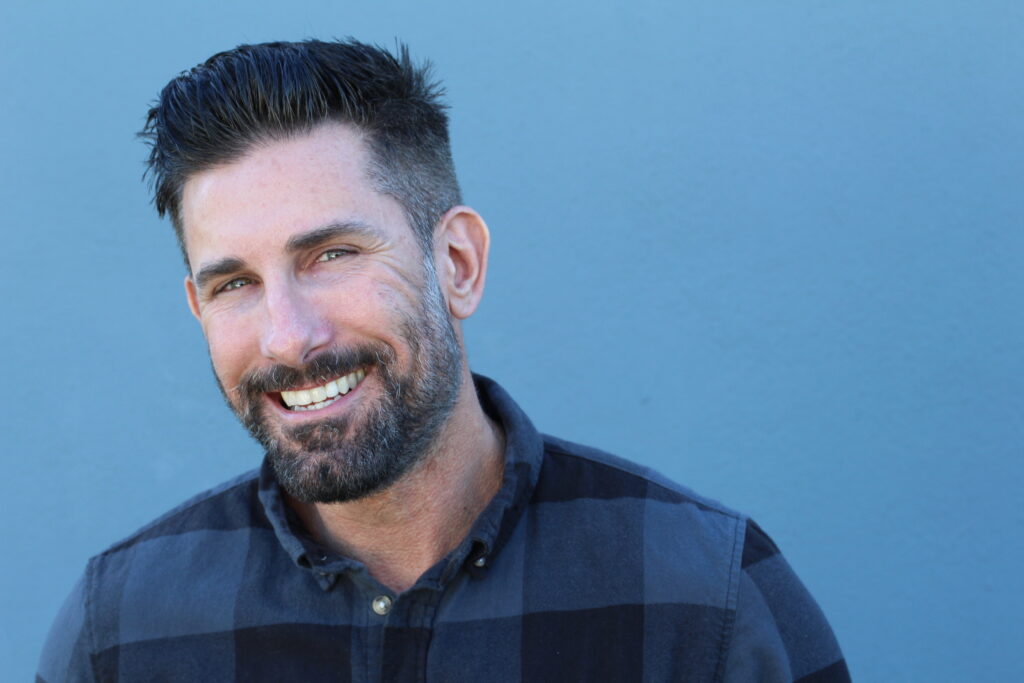By Cator Sparks, Life Coach
Coming out is often viewed as a milestone moment, but for gay men, mental health challenges continue to evolve throughout their lives, requiring different supports and strategies at each stage.

Adolescence and Early Adulthood: Foundation Building
Young gay men face unique pressures during identity formation. Beyond the typical challenges of adolescence, they navigate family acceptance, school environments that may lack LGBTQ+ representation, and the fear of rejection from peers. Research shows gay youth are at significantly higher risk for depression, anxiety, and suicidal ideation. This period often involves developing resilience skills and finding initial community connections that will serve as protective factors later in life.
Tips for this stage: Connect with LGBTQ+ youth groups or online communities for peer support. Practice self-compassion during the identity exploration process. Seek out affirming mentors or therapists when possible, and remember that family acceptance often takes time.
Mid-Life: Relationship and Career Navigation
As gay men enter their thirties and forties, mental health challenges shift toward relationship dynamics, career advancement in potentially unwelcoming workplaces, and decisions about family building. Many face the complex emotions of watching friends start traditional families while navigating their own paths to parenthood through adoption or surrogacy. Workplace discrimination concerns can create chronic stress, even in seemingly progressive environments.
Tips for this stage: Build a chosen family of supportive friends and allies. Consider couples therapy to strengthen relationships during major life transitions. Advocate for LGBTQ+ workplace policies and seek out affirming professional networks.
Later Life: Confronting Generational Trauma
Older gay men carry unique psychological burdens from living through the AIDS crisis, decades of legalized discrimination, and social isolation. Many lack traditional family support systems and worry about aging alone or receiving care in environments that may not be LGBTQ+-affirming. Depression and anxiety in this population often stem from grief, survivor’s guilt, and fears about end-of-life care.
Tips for this stage: Join senior LGBTQ+ social groups to combat isolation. Consider creating advance directives that specify LGBTQ+-friendly care preferences. Engage in grief counseling to process losses from the AIDS crisis and other life transitions.
The Path Forward
Mental health support for gay men must be age-appropriate and culturally competent. Young men benefit from affirming therapy and peer support groups. Mid-life men often need relationship counseling and workplace stress management. Older men require grief counseling, community connection programs, and advocacy for LGBTQ+-friendly senior services.
Understanding that coming out is just the beginning of a lifelong journey helps mental health providers, families, and gay men themselves recognize that ongoing support isn’t weakness—it’s wisdom. Each life stage brings distinct challenges that deserve recognition, resources, and compassionate care.
Do you have more questions about mental health or looking for some life coaching support? Email me at cator@davidatlanta.com, and let’s connect!
